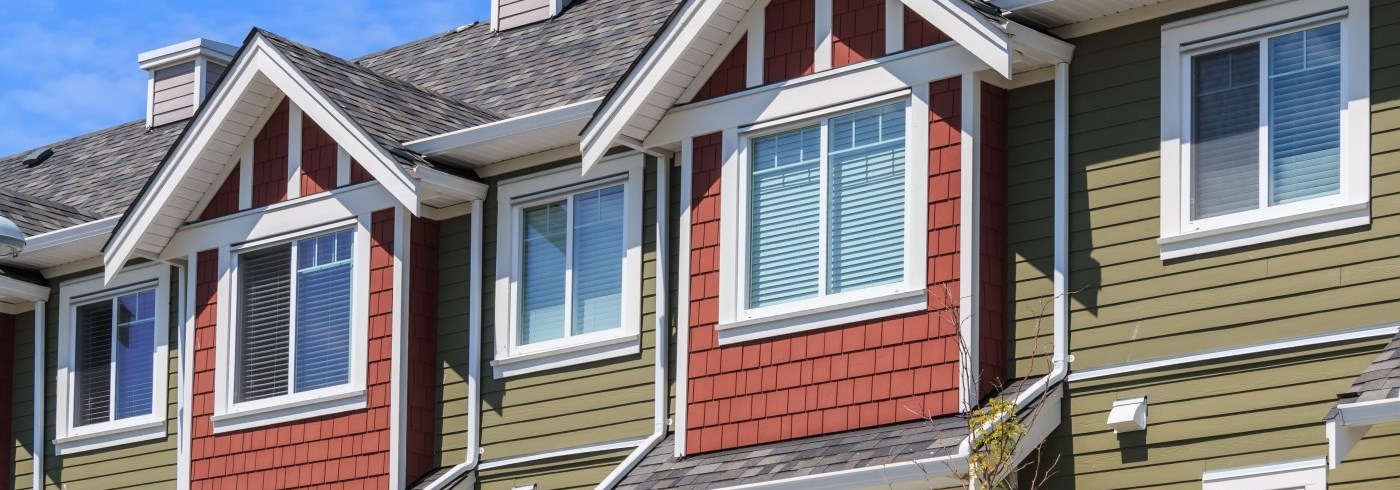The Regional Municipality of Durham works with private and non-profit landlords and developers for the creation of affordable housing.
|
Information for landlords
|
| At Home in Durham Incentive Program |
| The Region of Durham sends out annual Calls for Applications for funding under the At Home Incentive Program (AHIP) to support the development of affordable housing. Calls for Applications go out to organizations on the At Home Incentive Program Registry.
Learn more about AHIP. (Link to www.durham.ca/AHIP )
Add your organization to the At Home Incentive Program Registry. (Banner with link to At Home Incentive Program Registry - Durham Region)
|
| Federal and provincial funding |
| As the municipal Service Manager under the Housing Services Act, the Region of Durham periodically receives federal and provincial funding allocations for new affordable housing through programs like the Ontario Priorities Housing Initiative (OPHI) and the Canada-Ontario Community Housing Initiative (COCHI). The Region issues Requests for Proposals (link to Bids and Tenders - Durham Region) for new development when funding is available. |
| Other Regional Incentives |
| The Region of Durham has other incentives, programs and polices to support redevelopment projects and promote growth in intensification areas.
Learn more. (link to Regional Incentives - Region of Durham)
|
| Surplus Land Inventory for Potential Development of Affordable Housing |
| Developers and investors can visit the Surplus Land Inventory for Potential Development of Affordable Housing to view available properties for affordable housing development in Durham Region. |
We partner with private or non-profit landlords to offer different housing programs to help make rent affordable for low-income households.
These programs offer households on the rent-geared-to-income (RGI) wait list a subsidy in privately owned buildings. The subsidy could be based on the tenant's income or a set monthly rate depending on the program. The subsidy is paid directly to you as the landlord. In some cases, there are partnerships with local support agencies that provide support services for the tenants.
You as the landlord will enter into an agreement with us.
We will:
- Refer tenants to you.
- Determine the amount of rent the tenant will pay.
- Pay a monthly rent supplement to you for the balance of the market rent for the unit.
You as the landlord will:
- Approve the tenant for the unit.
- Sign a lease with the tenant.
- Follow the rules and regulations set out in the Residential Tenancies Act.
- Collect the rent from the tenant.
- Maintain the unit and the building.
Units must be self-contained, in a good state of repair, have rents at or below the average market rent as determined by the Canada Mortgage and Housing Corporation (CMHC) and be covered by $5 million in liability insurance.
You can apply to participate in the Rent Supplement Program by completing a Rent Supplement Landlord Application Form and submitting it to Housing Services.
|
|
Information for developers
|
|
Households with low-to-moderate income face growing challenges in finding affordable rental housing in Durham Region. Less than 50 per cent of rental households can afford the average market rent of $1,086 in Durham. Single non-seniors face the greatest challenge with unaffordability and homelessness. In order to address the affordability needs of these households, the region needs a greater range of affordable rental housing options and supports the creation of affordable housing stock.
For more information about our housing vision and strategy, view our At Home in Durham page.
The Investment in Affordable Housing for Ontario (2014 Extension and 2016 Social Infrastructure Fund) Program makes federal-provincial funding available as a forgivable capital loan to help stimulate the development of new rental units.
This includes units that target:
- Chronically homeless
- Youth
- Seniors
- People with disabilities
- Indigenous persons
- Homelessness following transitions from provincially-funded institutions
Approved projects must provide average rents at or below 80 per cent of Canada Mortgage and Housing Corporation average market rents, and must start construction within 120 days of signing a Contribution Agreement with us. You can view program information on the Ministry of Municipal Affairs and Housing website.
If you are a developer and would like to know more information, please contact us.
|





